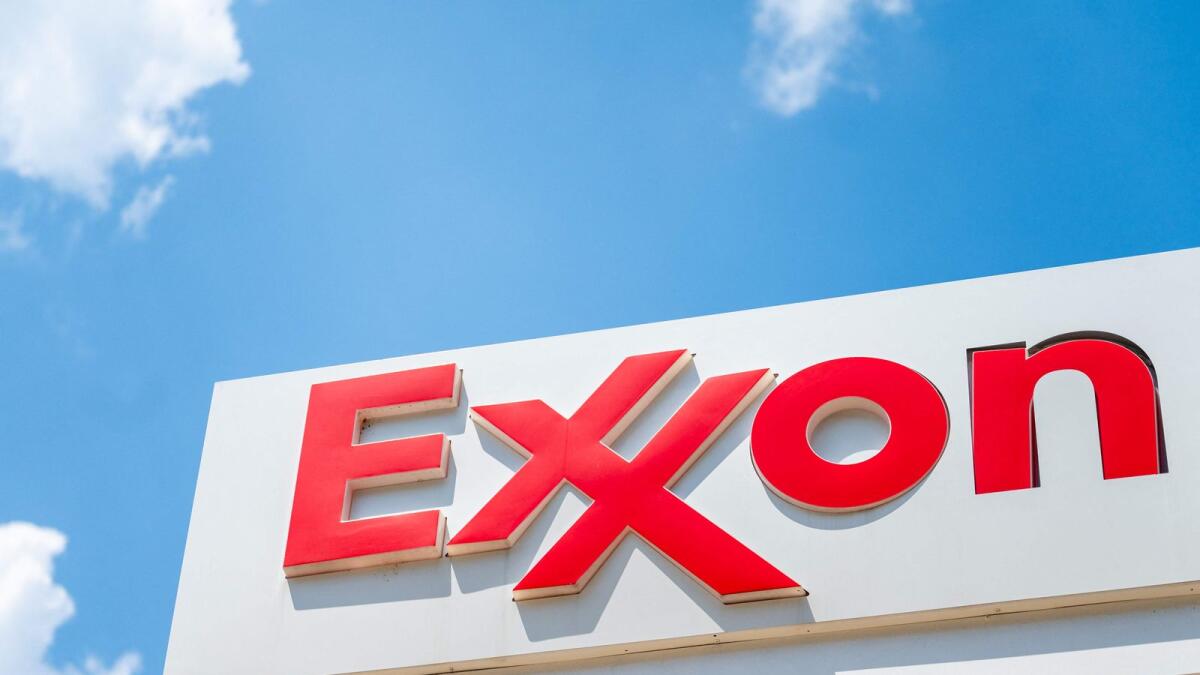Global oil demand is projected to remain strong until 2050 despite the progress being made in renewable energy sources, as stated by ExxonMobil, a major US oil and gas company. The company expects the demand for oil to plateau beyond 2030 and to stay above 100 million barrels per day through 2050, which is higher than the projections made by its competitor BP. This forecast is due to the rising global population, from eight billion to nearly 10 billion by 2050, leading to a 15% increase in total energy use worldwide.
ExxonMobil’s report highlights that approximately four billion people around the world lack access to the energy they need, emphasizing the importance of meeting basic energy needs to cater to the growing population. While renewables are expected to play a crucial role in the energy mix, the company also acknowledges the continued significance of oil and natural gas in meeting global energy demands. Despite the anticipated rise of electric vehicles leading to reduced gasoline demand, oil and gas are still expected to make up more than half of the energy mix by 2050.
The majority of the world’s oil usage is projected to be for industrial purposes such as manufacturing, chemical production, along with heavy-duty transportation like shipping, trucking, and aviation. ExxonMobil anticipates that global carbon emissions will decrease by around 25 percent by the middle of the century due to advancements in energy efficiency, the increasing share of renewables, and the adoption of new lower-emission technologies like carbon capture and storage. This indicates a potential shift towards a more sustainable energy landscape in the coming decades.
The contrasting viewpoints between ExxonMobil and BP regarding future oil demand reflect the uncertainties and complexities of the energy transition in the global market. While BP foresees a decline in oil demand to around 75 million barrels per day by 2050, ExxonMobil’s projections remain more optimistic due to the anticipated population growth and energy needs. The evolution of the energy sector will likely be shaped by various factors including technological advancements, policy changes, and consumer behavior influencing the demand for different energy sources.
As the world strives to address the dual challenge of meeting energy demand while reducing carbon emissions, a diversified energy mix comprising renewables, oil, and natural gas will be crucial. Balancing the need for economic development and environmental sustainability requires innovative solutions and collaborative efforts from governments, industries, and individuals. The evolution of the energy landscape towards a more sustainable future will involve a complex interplay of factors, with oil and gas continuing to play a significant role alongside the increasing integration of renewable energy sources.
In conclusion, ExxonMobil’s outlook on global oil demand underscores the ongoing importance of traditional energy sources in meeting the world’s energy needs, despite the growing momentum towards renewable energy adoption. The energy transition towards a low-carbon future will require a multifaceted approach involving technological innovation, policy support, and global cooperation to achieve sustainable energy systems. By recognizing the evolving energy landscape and adapting to changing market dynamics, the industry can navigate the challenges and opportunities presented by the transition towards a more sustainable and resilient energy future.










